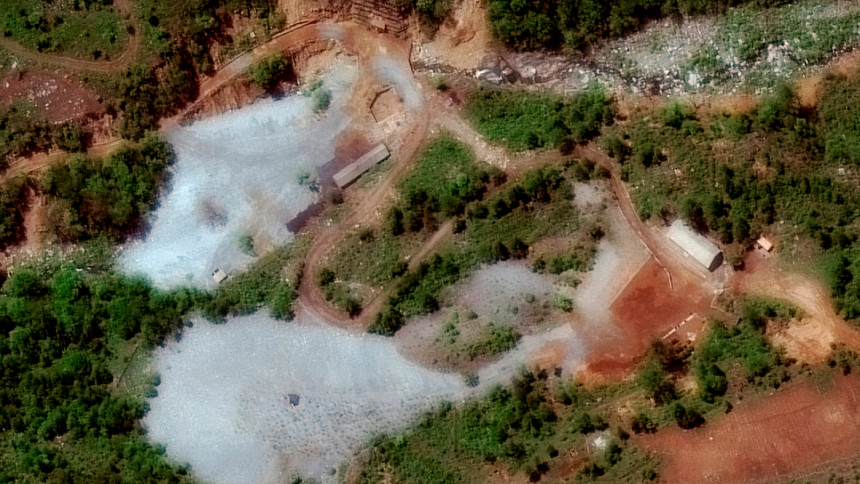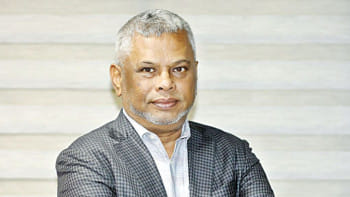North Korea dismantles nuclear test site

North Korea has dismantled its nuclear test site, media invited to attend the ceremony said today, in a planned move portrayed by the isolated regime as a goodwill gesture ahead of a potential summit next month with the US.
Pyongyang announced its plan to "completely" dismantle the Punggye-ri facility in the country's northeast, inviting some foreign journalists to witness the destruction.
"There was a huge explosion, you could feel it. Dust came at you, the heat came at you. It was extremely loud," Tom Cheshire, a journalist for Sky News who was among those invited to attend the ceremony, wrote on the British broadcaster's website.Yonhap news agency, citing South Korean pool reporters at the scene, said multiple explosions were heard throughout the day, beginning at 11am (0300 GMT) until 4.17pm.
Punggye-ri has been the staging ground for all six of the North's nuclear tests, including its latest and by far most powerful one in September last year, which Pyongyang said was an H-bomb.
Experts are divided over whether the demolition will render the site useless. Sceptics say the facility has already outlived its usefulness with six successful nuclear tests in the bag and can be quickly rebuilt if needed.
North Korea also did not invite any independent observers from overseas.
But others say the fact that North Korea agreed to destroy the site without preconditions or asking for something in return from Washington suggests the regime is serious about change.
High stakes talks
Trump is due to meet his North Korean counterpart Kim Jong Un in Singapore on June 12 for high stakes talks aimed at ridding the reclusive state of its newly acquired nuclear weapons and improving ties after decades of animosity.
The summit announcement came after months of unusually cordial diplomacy between the historic foes brokered by South Korea.
But the newfound bonhomie and the meeting's potential success has been thrown into doubt in recent days with both Washington and Pyongyang raising the prospect of cancelling the talks and trading threats.
Politically, Trump has invested heavily in the success of the planned summit, so privately most US officials, as well as outside observers, believe it will go ahead.
Hand-picked US aides travelled to Singapore this week where they are expected to meet their North Korean counterparts and iron out details of the meeting.
As the date draws nearer, the gulf in expectations between the two sides is coming into sharp relief as both wage a public relations campaign ahead of the talks.
Washington has made it clear it wants to see the "complete, verifiable and irreversible denuclearisation" of the North.
But Pyongyang has vowed it will never give up its nuclear deterrence until it feels safe from what it terms US aggression.
A handful of foreign journalists from China, the US, Britain, Russia and South Korea were invited to attend the demolition ceremony.
Their journey to reach the remote site involved some 14 hours of travelling by train, bus and finally a short hike -- a vivid illustration of the impoverished country's notoriously decrepit infrastructure.
Agence France-Presse is one of a number of major media organisations not invited to cover the demolition.



 For all latest news, follow The Daily Star's Google News channel.
For all latest news, follow The Daily Star's Google News channel. 








Comments